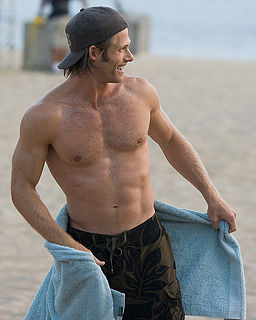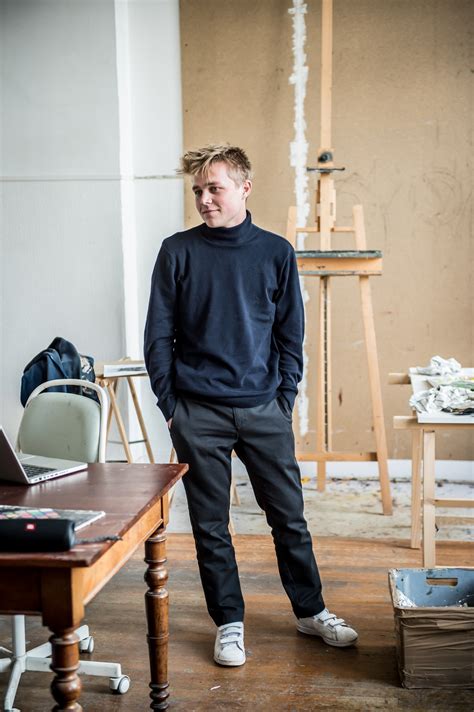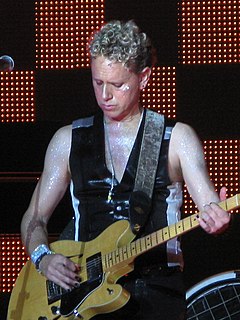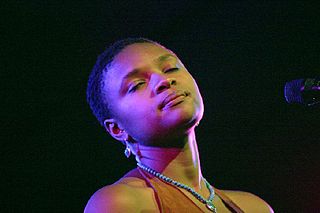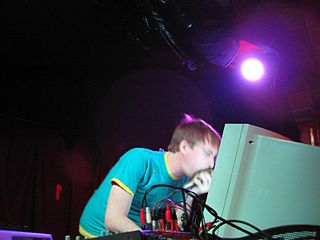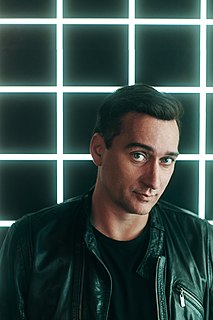A Quote by Jean-Michel Jarre
When I was at the Group for Musical Research, with this idea of discovering electronic music, I quickly realized that that it was a very interesting and exciting approach to music, but I also saw that it was very intellectual and quite dogmatic.
Related Quotes
I saw Double Leopards play at my school and realized there were other ways to approach noisy music that weren't necessarily aggressive. That became a very important concept for me as a musician. I don't think I would have been that interested in creating and performing my own music if it wasn't for this group.
I'm trying to fly the flag for the days of electronic music where people who are making it are also building the gear because that was what was happening in the very early days of electronic music. And that spirit is one of the things that really appeals to me about electronic music so I'm putting this forward as a way to keep that.
In terms of exploring an identity in the country music world, what I realized very quickly was that there are people who have been performing country music since they were kids. It's very much a part of who they are; very much that jazz and blues are a part of who I am, because I grew up listening to and playing that kind of music.
It's very strange how electronic music formatted itself and forgot that its roots are about the surprise, freedom, and the acceptance of every race, gender, and style of music into this big party. Instead, it started to become this electronic lifestyle which also involved the glorification of technology.
In some ways it's hard to see electronic music as a genre because the word "electronic" just refers to how it's made. Hip-hop is electronic music. Most reggae is electronic. Pop is electronic. House music, techno, all these sorts of ostensibly disparate genres are sort of being created with the same equipment.
Everybody has their own approach to songwriting. When you're an electronic musician, the whole writing process just depends. Some people have a very live way of writing electronic music, very improvisational. They set up a lot of gear and do live takes. I'm concerned with having a specific kind of sound. There's not one second that I haven't put thought into. I put almost as much time into my live shows as I do into writing music, but they're two completely different processes. Some people think the way I perform live is how I write songs, which isn't true at all.




